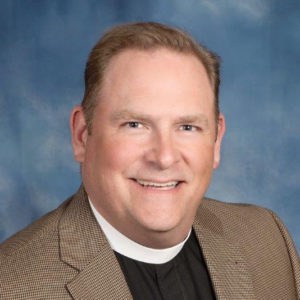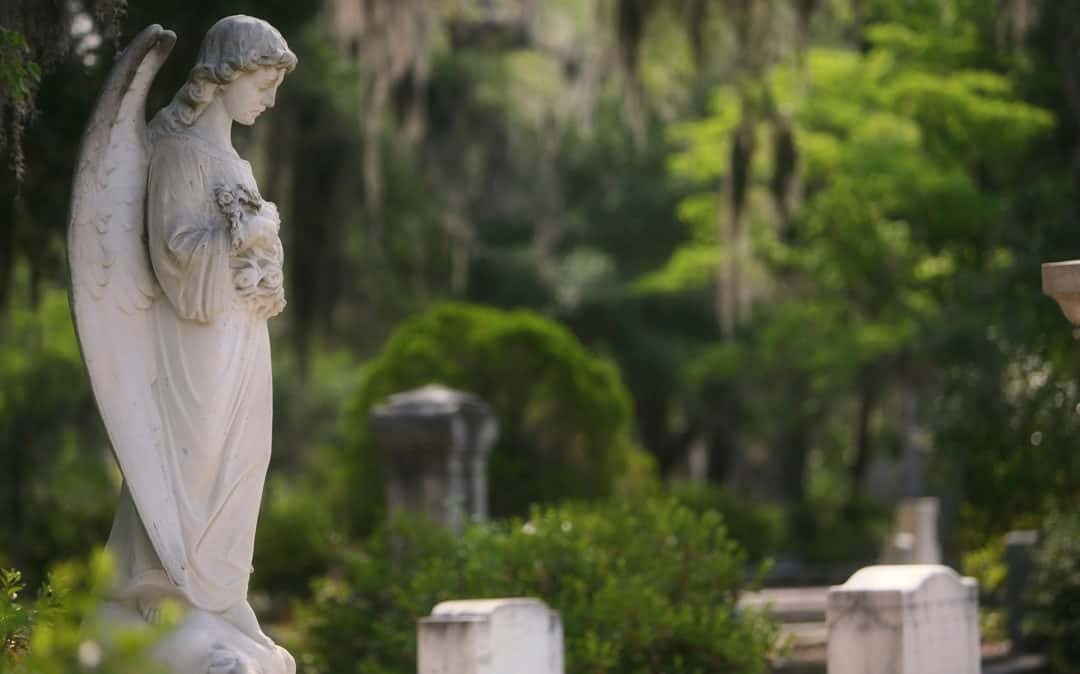“The funeral is not just a collection of inspiring words . . . but, a dramatic event in which the Church sets out what it believes to be happening from the perspective of faith.” – Thomas Long, Theologian and Author of Accompany Them with Singing
I’m married to an undertaker.* As you can imagine, pastors and undertakers spend an inordinate amount of time talking about funerals. Anne & I have no shortage of opinions on funeral sermons, playlists and hymn selections, bars vs. cookies, and on and on. We’ve also experienced first hand how important funerals can be to communities of faith. They are one of the increasingly few occasions where we are intentional about connecting with God and herein lies a great opportunity for the Church. Watching Anne at work and listening to her stories have further informed the things that I believe to be true about funerals.
Funerals are for the dead. The funeral is an important stage in every believer’s baptismal journey. There is great purpose to this effort as the Church helps to usher another saint one step closer to God. We who remain on earth accompany this member of the Body of Christ on this last pilgrimage toward the full company of saints awaiting in heaven.
Funerals are also for the living. Family, friends, neighbors, colleagues, there really are any number of people who have had an important life-giving relationship with the deceased. The funeral is a place and time they can reconnect to the presence they have lost in their life. As the Church, we’re the ones who get to do this holy work and so too we are drawn into the lives of those who are grieving. Because we stand among the living at funerals, it’s right that our energy gets directed in service to them. This truth remains long after the funeral has taken place as well.
Story matters. We are each created by God, individually unique and universally loved. It’s important for the church to be proclaim what is individually wonderful about the one who has passed but also to be reminded how God draws us together into the body of Christ. Through the work of the Spirit, our stories become woven together, with each other and with God, and it’s crucial that our storytelling surrounding funerals helps to accomplish this work.
The Community matters. It’s hard to imagine a group better positioned to do this holy work with funerals than the community of faith that walks together with the family. It’s the combined community that can muster the strength to push through grief, carrying one other when we we struggle. The Church only exists in relationship and this becomes necessarily clear as we care for one another in times of death. No loss is better managed outside of community, no celebration succeeds without a crowd to raise it’s voices in praise, and no grief is easier to carry than when the load is shared.
This is indeed holy work and not something we have to do, it’s something we get to do. And funeral ministry is also not just something that pastors and undertakers tend to, it’s the work of the whole community of faith. On Monday evening, May 14 we are convening a “Community Conversation on Funeral Ministry” here at Prince of Peace. I hope every member of this church will want to participate, trade stories and help us set about the task of re-shaping this area of our shared ministry together. Yes, these conversations can feel awkward, talk of death is often that way. But we are a people who are promised that death is not the end of life and this radical truth calls us into action. So let’s push through the sticky parts and focus on this great opportunity to be a community strengthened and alive as it lives into God’s promise.

Peter Christ, Lead Pastor
We are now in the season of Easter and we are an Easter people. Together, let’s employ this same sense of new life and transformation as we re-imagine our work together. What a wonderful opportunity we have been given. Thanks be to God.
*The more commonly-used title today is “Funeral Director” but I like using the old-fashioned sounding “Undertaker” because there’s something less serious and perhaps more fitting for the work they do.

